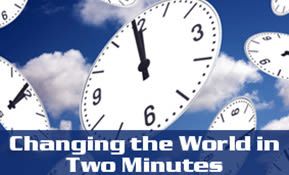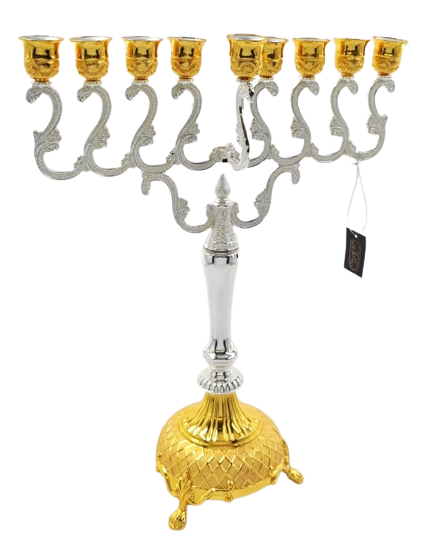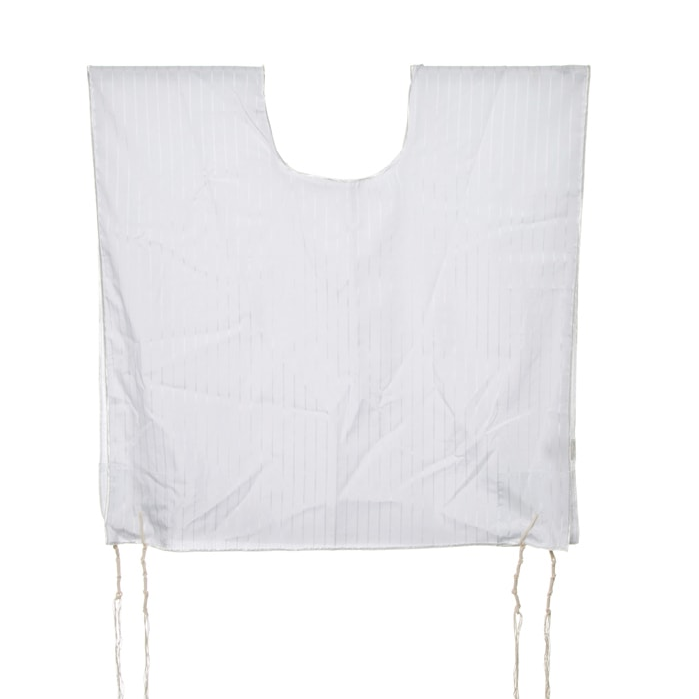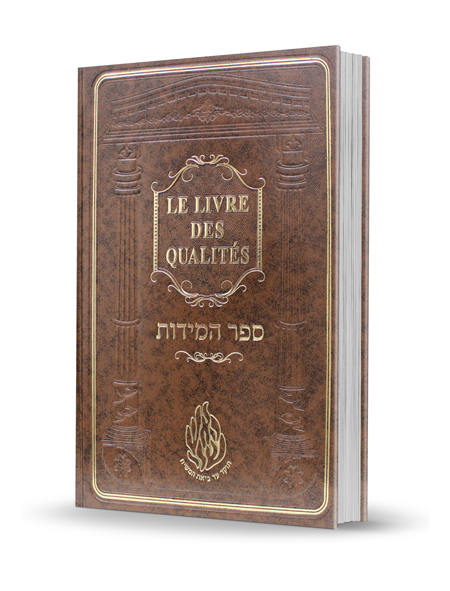
The Divine Love Letter
The Torah itself testifies, “Yeshurun waxed fat and he kicked!” Those who have too much oftentimes become both ingrates and arrogant, forgetting their Creator.

If Hashem wants us to get close to Him, why does He make us suffer?
People who have it all – a loving spouse, health, children, ample income, and the like are usually very far from Hashem. The Torah itself testifies, “Yeshurun waxed fat and he kicked!” Those who have too much oftentimes become both ingrates and arrogant, forgetting their Creator, God forbid. Hashem wants us to recognize Him in our lives, and to have a relationship with Him. So if a person has forgotten all about Hashem – he isn’t praying with concentration three times a day; or he isn’t doing personal prayer; or Hashem is completely ‘absent’ in his life – then that person will be sent a tribulation, to ‘bring him back’ to Hashem.
Hashem is waiting for us to talk to Him, and to pray to Him. When we don’t turn to Him, He sends us trials and tribulations, so that we’ll shout out to Him for help, and start to really connect to Him through our daily prayers and our personal prayer.
The following Talmudic parable illustrates this point:
Rabbi Yehoshua ben Levi said: A king was journeying, and on his way he heard a princess shouting out to him: “Please, save me from these thieves!” So, he saved her. A few days later, the king asked her to be his bride. He wanted her to speak to him, but she would not. What did he do? He sent thieves after her. She called out to him again. He said: “That is what I wanted; to hear your voice.”
We are the princess in the story. When we were enslaved in Egypt, we cried out to Hashem to save us – and He did so, with a series of supernatural miracles. We left Egypt, and stopped calling out to Hashem. So what did He do? He sent Pharaoh after us, at the Sea of Reeds, as it is written in Exodus (14:10): “And when Pharaoh drew near;” immediately afterwards, “and, behold, the Egyptians were marching after them…and the children of Israel cried out unto the L-rd.”
The Midrash (Shemot Raba, 21) remarks: “At that hour the Holy One said: That is what I was asking for… to  hear your voices…”
hear your voices…”
If you are experiencing trials and tribulations, know that it is simply Hashem trying to start a conversation with you. With emuna, a person can start to see their suffering as a sort of ‘love letter’ from Hashem, telling them: “Dear son or daughter, I love you, I miss you and I am waiting for your prayers…”
At the same time, there is no suffering without sin. If we are suffering, we have to do a thorough self-assessment, or spiritual accounting, to see what we are doing wrong and what sincere teshuva we need to make in order to correct the situation.
Usually, we’ll find the ‘hint’ about what we need to correct in the very tribulation itself. For example, if a person doesn’t have a peaceful home, and finds that his wife is always arguing with him – it could well be a hint that he himself is continually going against Hashem’s will, and ‘arguing’ with his Creator. Similarly, if his children are rebellious and don’t listen to him – it could be a strong hint that he isn’t listening to Hashem.
When we are sent a difficult test, the first thing we should do is examine our deeds and try to see why we were sent this particular tribulation. Sometimes, it’s obvious; other times, it can take a great deal of introspection and personal prayer before we realize what we need to repent for.
In our personal prayer, we have to ask Hashem to help us recognize what we’re doing wrong, like this: “Master of the Universe, please, help me to do teshuva for the sin for which I have become so heavily indebted to others. Show me what I must do to correct myself, and please help me to do so…”
There are no shortcuts: Only if a person makes a sincere effort to rectify his misdeeds, fulfill Hashem’s commandments, and do regular personal prayer will Hashem help him out of his troubles. Talk to Hashem, tell Him what you’ve done wrong and ask Him to forgive you. In this way, you should merit to make sincere teshuva, and be saved from all your difficulties.
When we are suffering, Hashem feels our pain. He’s pained by the fact that we sinned; and He’s pained further by the suffering He has to send us to help us atone for it. An example of this is found in Isaiah (63:9), where it says: “In all their affliction, He was afflicted.”
We should bear this in mind when we’re doing personal prayer, and do a ‘double’ teshuva. First of all, we have to ask forgiveness for our original sin, and ask Hashem to show us what it was. Then, we have to ask Hashem to forgive us for all the pain we are causing Him – because Hashem suffers when we suffer.











Tell us what you think!
Thank you for your comment!
It will be published after approval by the Editor.